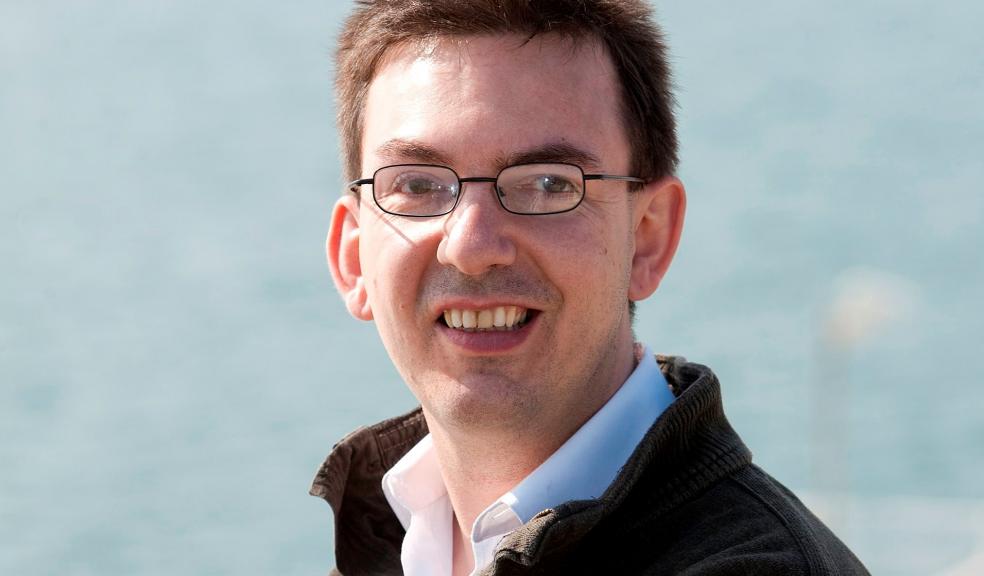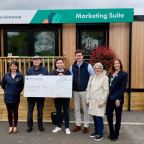
Researching the highs and lows of being a disabled tourist
The challenges facing people with disabilities as they travel around the world are being investigated by a research student at Plymouth University.
David Fraser is looking to gather a range of opinions, both good and bad, to paint a comprehensive picture of how disabled tourists are treated at home and abroad.
He hopes to use his findings to influence providers and policy makers, making them aware of examples of good practice and where he believes improvements are needed.
David, who lives in Newquay, was left with brain damage and mobility problems following a serious childhood accident more than 30 years ago.
He said: “Anyone who travels has perceptions of the risks to their safety, but this is exacerbated for disabled tourists who can feel more vulnerable. Disabled tourists can face barriers of a physical or social nature, for example, areas that are inaccessible to those who have mobility or visual impairments, or a lack of awareness and understanding of disabilities. Many attractions and venues – and public transport providers – have taken positive steps to counter this, and there is legislation and better awareness in the UK. But for people with disabilities to feel comfortable about travelling, at home and abroad, a lot more work is needed.”
David’s passion for travel led to him embarking on a foundation degree at Cornwall College before completing undergraduate and Masters programmes in Tourism and Hospitality at Plymouth University.
His research project is being conducted through his own website, which details some of his experiences travelling across the UK and further afield, and will feed into his work to become a Master of Philosophy (MPhil).
On the website, he writes about trips during which he has encountered difficulties communicating with locals and getting around. He also talks of occasions where staff have gone beyond the call of duty to make travelling for him, as a disabled person, more relaxing.
David added: “I want my story to inspire and motivate other people as I’m doing things that people said I’d never be capable of – everyone can achieve something as long as they’re in the right frame of mind. People said I wouldn’t succeed and that made me more determined and focused to get where I am now.”
Professor Paul Brunt, Head of the School of Tourism and Hospitality at Plymouth University, said: “We are very proud of David’s achievements and are confident his research will make a valuable contribution to enhancing knowledge and understanding the travel risks, barriers and experiences of disabled people. We also hope it will play an important role in highlighting how tourism participation among the disabled may be more widely undertaken and enhanced.”
To take part anonymously in David’s research, fill out the questionnaire on his website, where you will also be able to read more about his travels and experiences.













